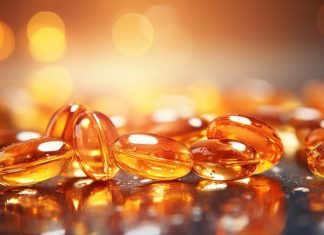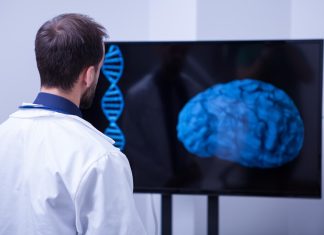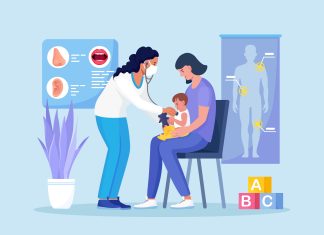Scientists at Novosibirsk State University (NSU) will begin using the accelerator mass spectrometry (AMS) method in pharmacological research for the first time in Russia. This technology makes it possible to analyze substances at the level of individual atoms and accurately calculate isotopes, which will accelerate the development of new drugs. In total, there are about 30 centers with similar systems in the world, while the Novosibirsk center is the only one in Russia, the university’s press service reported.
The accelerator mass spectrometry is an ultra-sensitive method of measuring isotopic ratios based on the detection of individual atoms. This method’s ability to analyze radiocarbon is particularly important for medical research. Its other advantages include minimum sample volume requirements and the ability to work with carbon-containing substances in any state.
As part of the new research area, scientists will study the pharmacokinetics of peptides, analyze hemostatic materials, and examine fossilized tissue. One of the first projects will be the evaluation of transdermal peptide delivery, an area where reliable analysis methods are still lacking. Standardized approaches are planned for the future to accelerate drug development, improve the accuracy of predicting their effectiveness, and create new functional materials for medicine.
At the same time, the center will continue its traditional radiocarbon dating work for archeological and paleontological studies, maintaining the same volume of these projects.
Earlier it became known that Russia has developed and successfully tested a quantum algorithm of generative artificial intelligence for use in chemistry and drug development. According to scientists, such drugs will help minimize the undesirable effects of therapy, as well as accelerate the development of new drugs.




